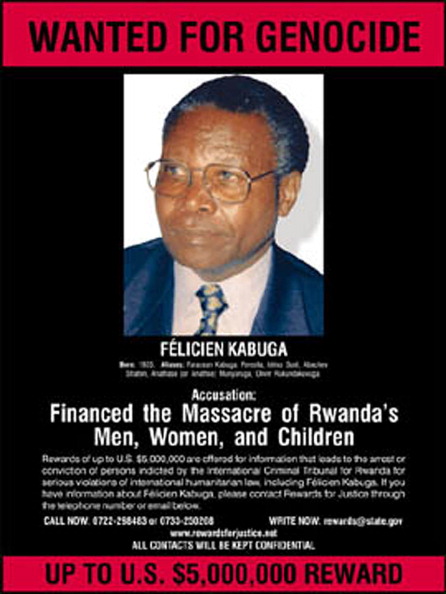
Rwanda genocide survivors want speedy trial for Kabuga, but court faces delays

A special U.N. tribunal in Tanzania should quickly try elderly tycoon Felicien Kabuga on charges of financing the 1994 Rwandan genocide, survivors said on Thursday, after France’s top civil court ruled he could be handed over for prosecution.
“The case of Kabuga should be speedy,” Naphtal Ahishakiye, the executive secretary of genocide survivor organization Ibuka told Reuters by phone. He lost his parents and three brothers in the genocide. “He is elderly, I think a quick trial would enable the victims get justice.”
But the tribunal in Tanzania’s northern town of Arusha faces both legal challenges and bureaucratic delays as it prepares for trial, experts told Reuters.
Emmanuel Altit, Kabuga’s defence lawyer, said he would fight for Kabuga to be tried at The Hague branch of the U.N. Mechanism for International Criminal Tribunals, instead of its Arusha branch. The body was set up to handle final appeals and other remaining cases from the Yugoslav and Rwanda war crimes tribunals, which are being wound down.
“We will go to court to tell the judges that a transfer of Felicien Kabuga to Arusha would entail such risks that his rights would be violated as a result of the transfer,” he told Reuters.
He declined to elaborate, but one line of argument might be that the extent of the COVID-19 outbreak in Tanzania is unclear since the government has not updated its case numbers for months, saying the pandemic is over.
Kevin Hughes, a spokesman for the prosecutor’s office at The Hague tribunal, declined to comment on questions about when Kabuga might be tried or where he might be held in custody.






